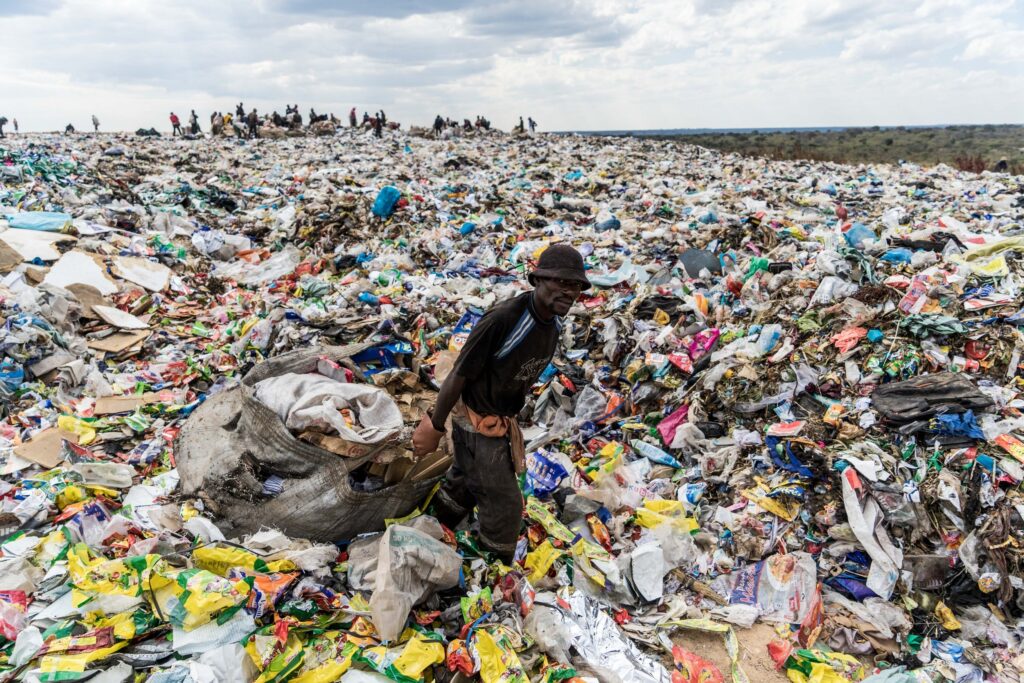Source: Big Oil’s Evil, Stupid Plan to Drown the World in Plastic | The New Republic

What do you do if you’re an oil company with too much oil? You find a place—any place—to put it. If people aren’t driving or flying as much, they’re certainly having things delivered. That’s where the oil comes in, delivering the raw materials to make the plastic enveloping all those Amazon and Postmates orders or to make bottles of water and various useless tchotchkes at home and abroad.
There’s just one problem: According to a new report, plastics might not be as popular in coming years as oil companies hope. And with a dizzying amount of it on track for production, that could mean a lot of plastic waste with nowhere to go.
There are a couple ways fossil fuels can become plastic. Crude oil can be converted into naphtha, and gas converted into ethane, which are processed at sprawling industrial compounds into ethylene and plastic resins, then used to create consumer goods like grocery bags and single-use water bottles. The International Energy Agency has found that petrochemicals accounted for 14 percent of world oil demand in 2017. Prior to Covid-19, the agency projected that plastics alone—which account for about two-thirds of the petrochemicals industry—would make up 45 percent of the growth in oil demand in the coming decades. BP’s widely cited annual energy outlook was even more bullish, expecting plastics to account for a whopping 95 percent of net oil demand growth through 2040.
These kinds of rosy projections helped inspire the build-out happening now. During the last oil price crash in 2015, both privately owned and state-owned oil companies invested in plastic and other so-called midstream assets, since they seemed more insulated from market volatility than high-cost production schemes like fracking, offshore drilling, and tar sands. Developing countries’ ballooning gross domestic product promised to boost demand for plastics of all kinds, from the kind of single-use plastics used in packaging to those found in durable goods like cars.
Leave a Reply